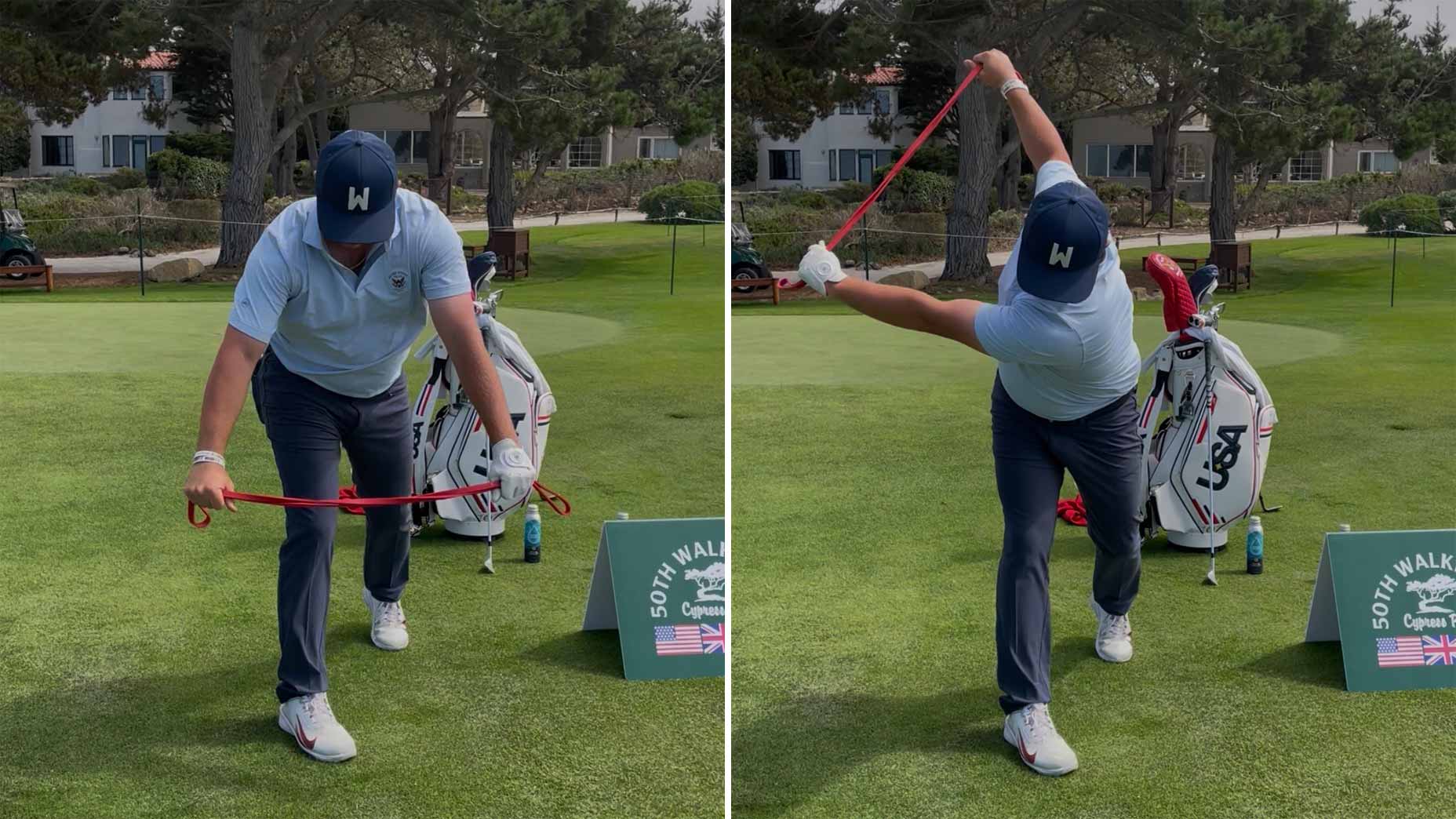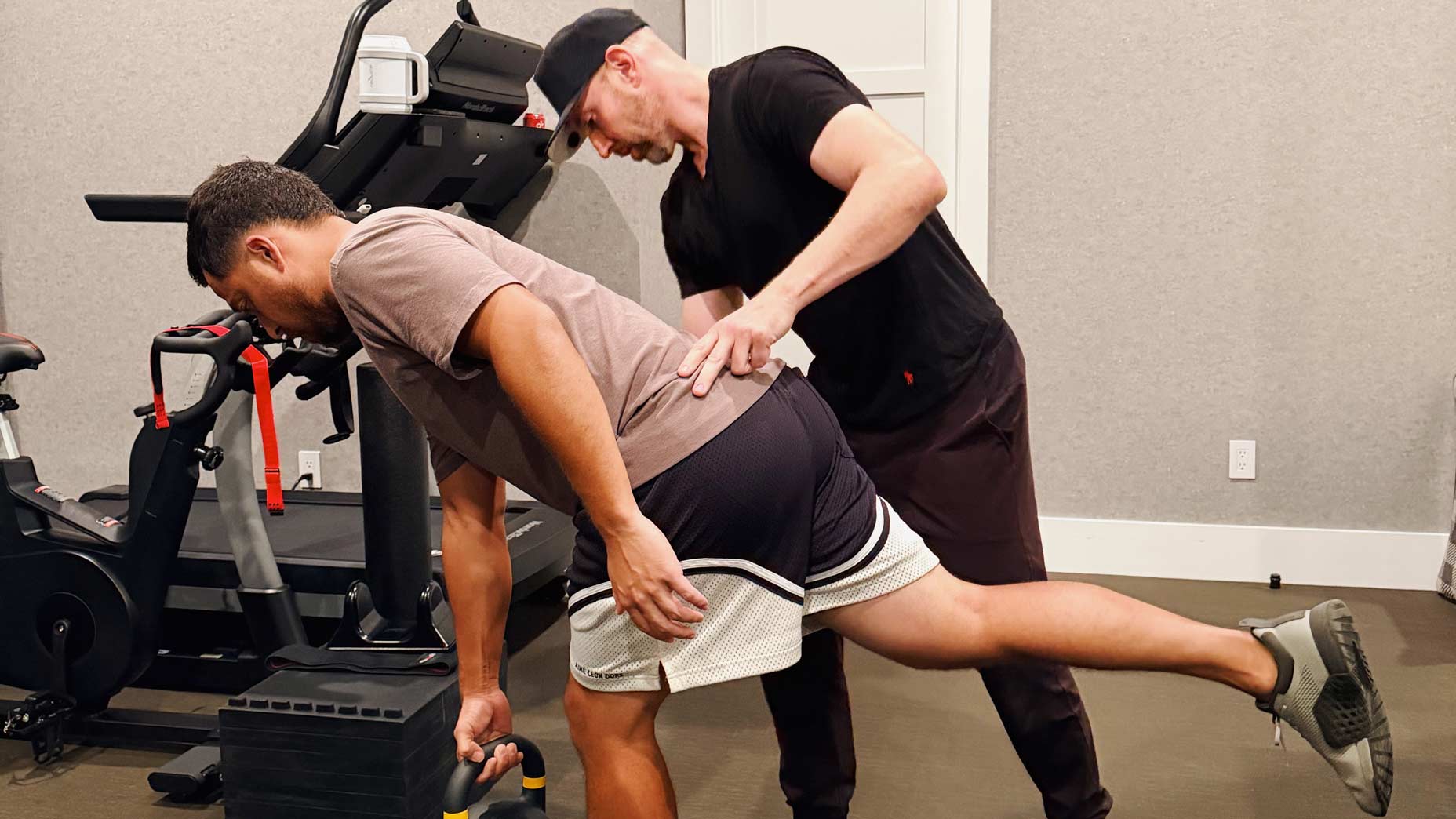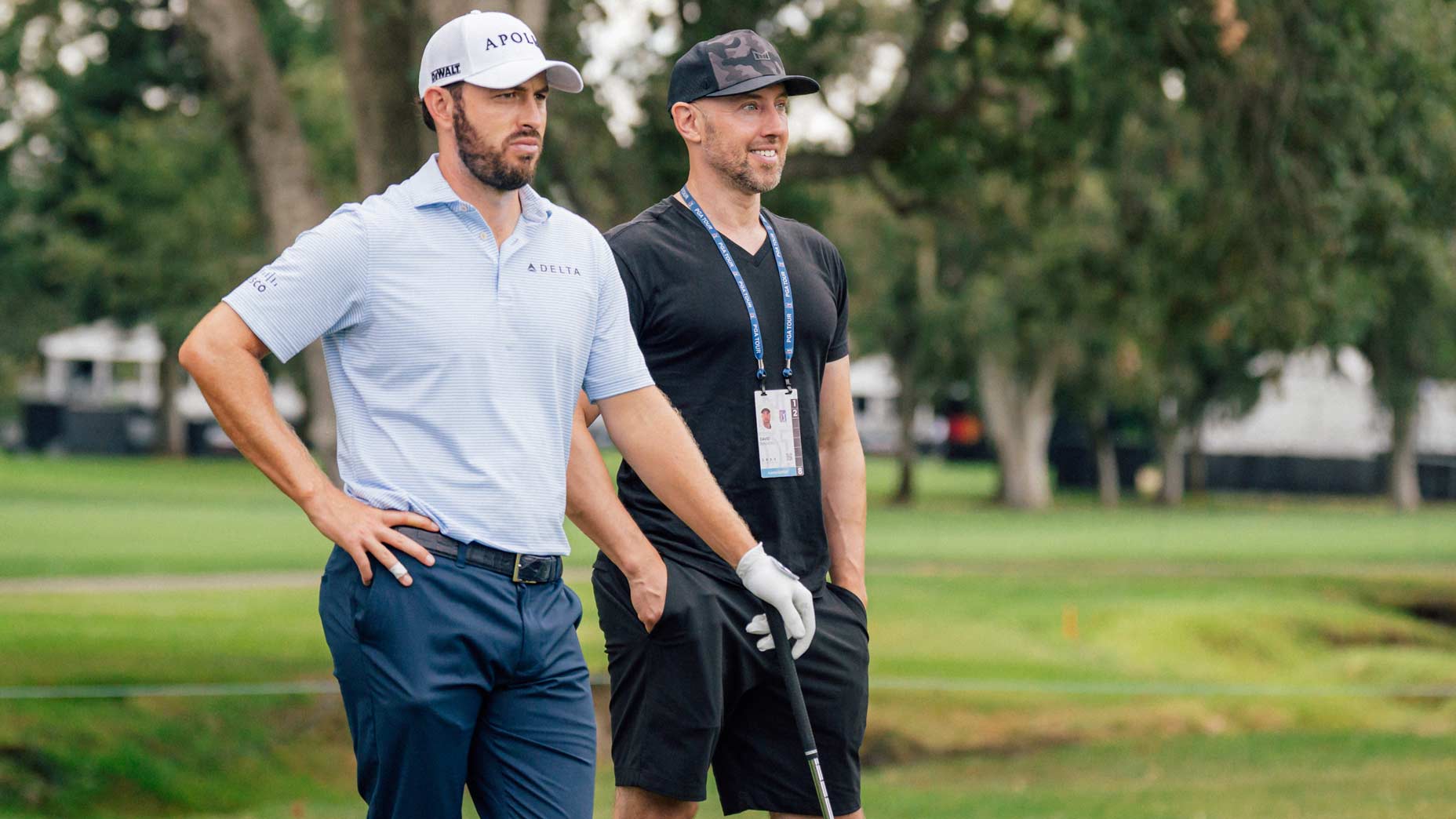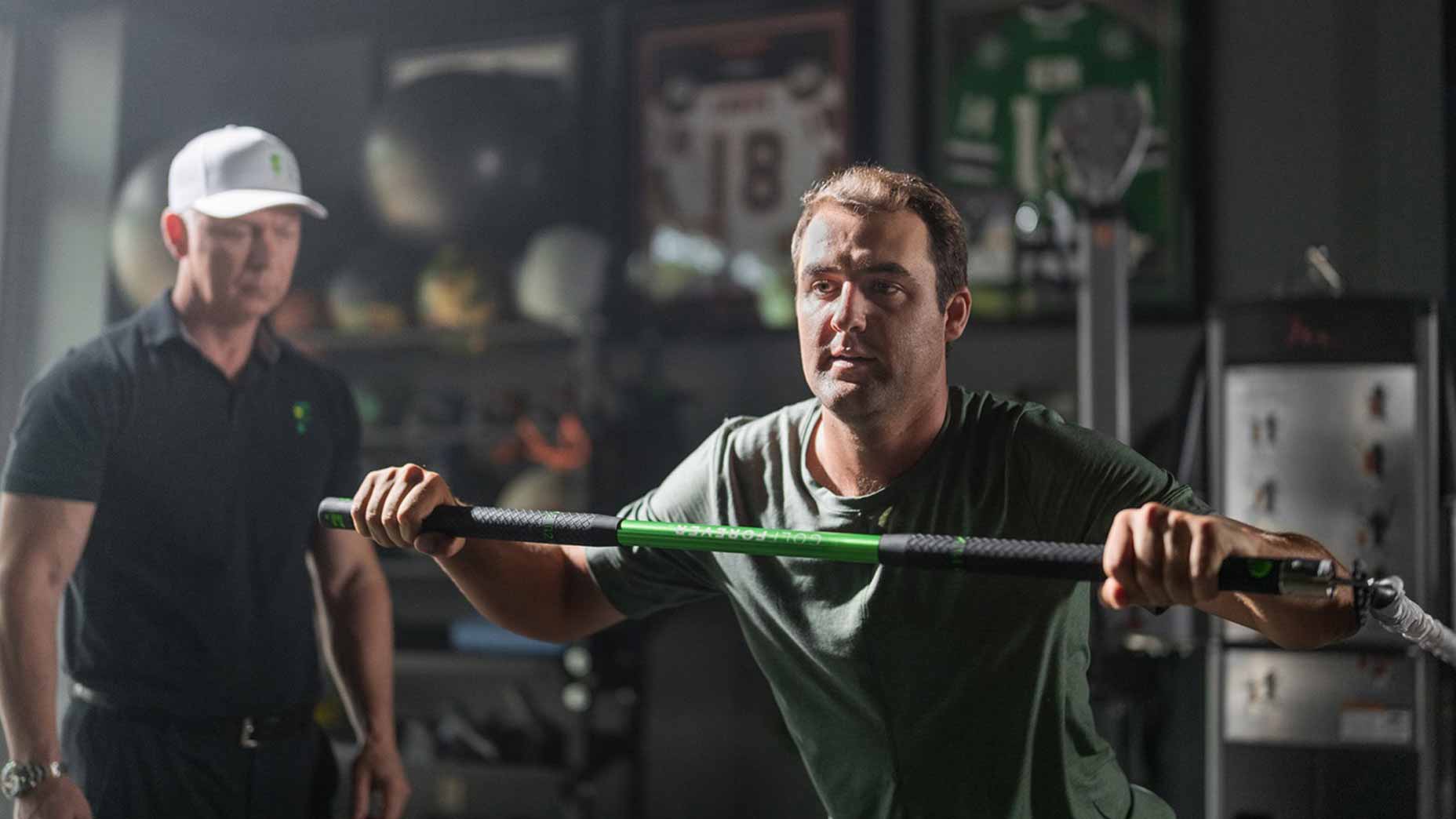As 2020 comes to a close and we turn the page to 2021, GOLF staffers are taking a minute to reflect on … whatever they want. Welcome to 20 for 20.
Between all the shutdowns, lockdowns and quarantines, most people spent more time than they’d like stuck inside this year, not getting as much exercise as they usually would. Thankfully, the golf course has been a welcome source of exercise for so many golfers. But if you want to play more golf and use 2021 as a year to shed a few pounds, there are a few things I learned during my own weight loss journey that could help you, too…
1. Understand why you’re doing it
This may sound a bit fluffy, but it’s really important to establish why you want to lose weight. You don’t need to go around telling people why you’re doing it, and it doesn’t need to be some high-minded goal. It’s perfectly fine that the reason why you want to lose weight is because you simply want to look better. It doesn’t matter what that reason is, but it does matter that you have one, because that’s what’s going to keep you focused throughout your journey and give you the encouragement to pick yourself up after the bad days.
2. Commit to something sustainable
One of the biggest mistakes people make when they’re trying to lose weight is that they commit to a diet that they’ll never be able to sustain over the long term. I, for instance, could never be a vegan because I simply love meat and dairy too much. Could I do it for a short period of time and lose weight because of it? Sure. But I knew at some point I’d fall off the wagon, and potentially gain it all back.
So keep that in mind when you’re starting out. Personally, I went with WW (formerly known as Weight Watchers) and can’t recommend it highly enough. But there are lots of options out there, so do your research and pick something that you think you could keep up long-term — potentially forever.

3. Don’t rely on working off your calories
Along those lines, some people make the mistake of trying to lose weight by adopting some crazed workout routine rather than changing their eating habits. Eating whatever you want and then working off the calories in the gym might work in the short term, but it’s far more difficult to sustain for the years to come. Plus it violates Gary Player’s 60/40 rule.
4. Work in little bits of exercise
That’s not to say working out isn’t important — it obviously is. And I say this as someone who doesn’t particularly like working out. One way I’ve been able to square that circle is by simply trying to work in little bits of exercise throughout the day. I try to walk more when I play, rather than ride; I try make at least 20 golf swings a day; if I know I’m having a particularly hefty dinner, I may go for a short jog. Small stuff that adds up, which brings me to my next point…
5. Look for small, small gains
Stuff adds up. It’s that simple. You’d be surprised how much weight you can gain from stuff you don’t even think about, but the flip side of that coin is that you’ll be amazed at how much weight you can lose by swapping in some lower-calorie items. A little bit of whole or skim milk in your coffee rather than half and half. Wheat toast instead of white. Light butter instead of full fat. These weren’t painstaking adjustments but yielded big gains.
6. Don’t drink away your calories
Losing weight is a relatively simple equation: You need more calories going out than calories coming in. With that in mind: Those cans of beer, glasses of wine and snazzy cocktails all have more calories than you might think. If you’re adjusting your eating habits and still not losing weight the way you think you should be, it could be because you’re drinking all your calories.
7. Monitor your portion sizes
Of all the things on the list, this is without doubt the most important. Weigh out how much you’re eating, because you’re almost certainly eating more of it than you think. Invest in a cheap food scale, and make sure you’re hitting the serving sizes of things like pasta, and meat, and the various oils you may be adding to your food. If accidental overeating is the cause, monitoring your portion sizes is the solution.
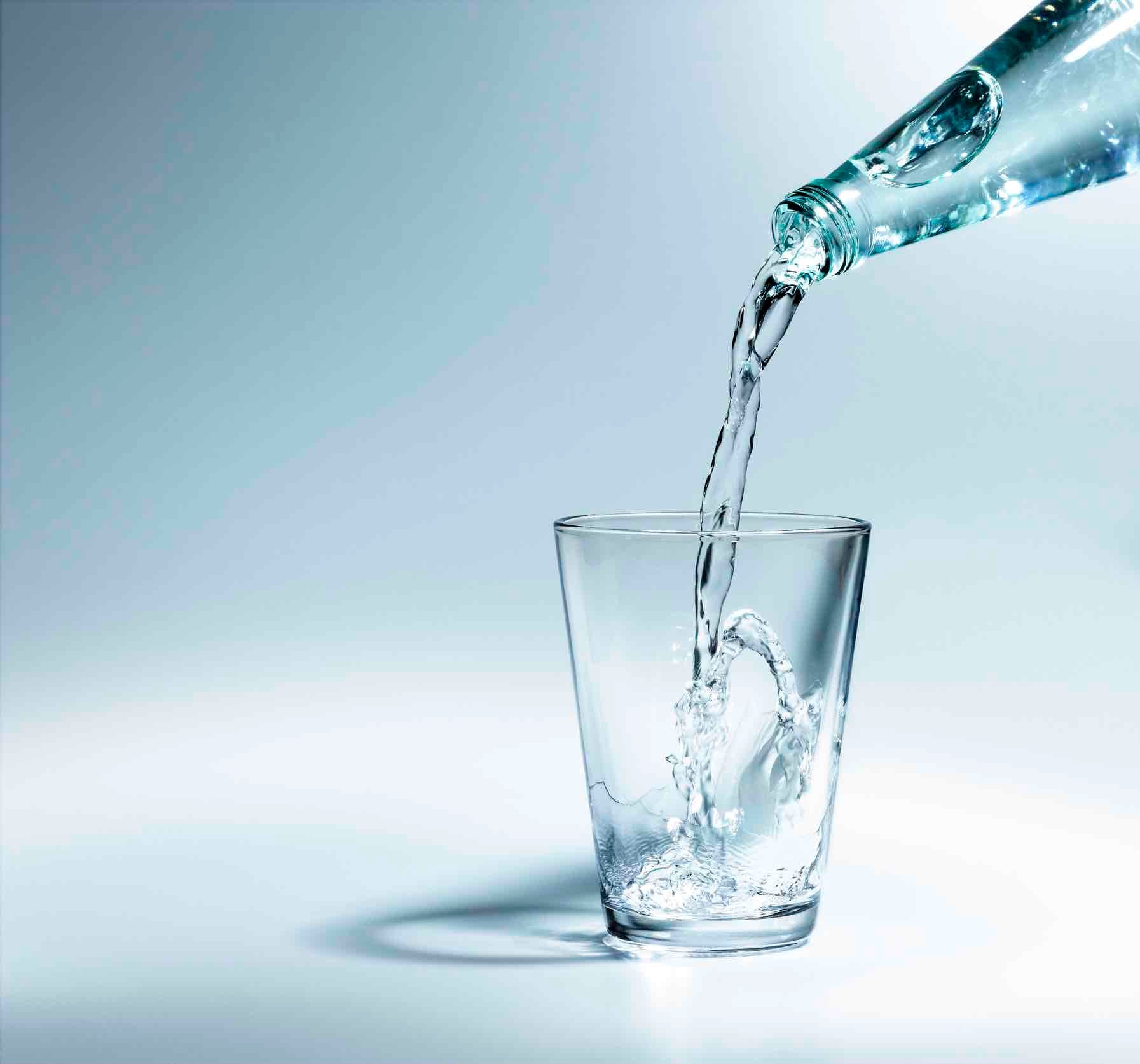
8. Drink more water
People rarely drink enough water. This is especially true for golfers, who are losing fluids while they play and often replacing them with things like beer. Drinking water helps pretty much everything: It helps your brain and body function better, it speeds up your metabolism, and it keeps you feeling more full.
9. Eat more protein
Speaking of things that make you more full: Protein! You want to make sure the calories you are eating don’t get burned off in a flash and leave you hungry. The key is to look for lean foods. Foods without empty calories, that will keep you full and give you sustained energy throughout the day. Eggs, turkey cold cuts, and chicken breast are some of my go-tos.
10. Throw in some vegetarian days
I love a good steak too much to commit to being a vegetarian over the long term, but meat also carries with it lots of calories, so I try not to go overboard. Everybody’s different, but I generally try to go meatless about two days every week. I treat them as mini-cleanses.
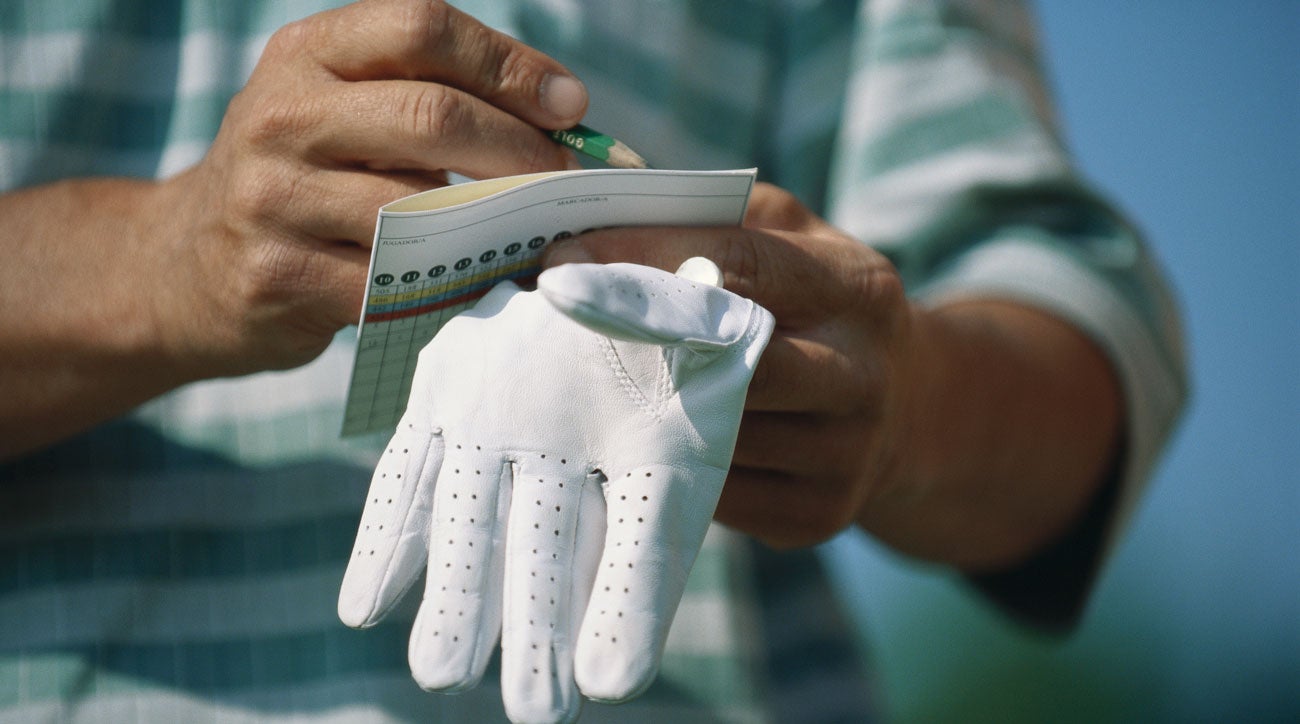
11. Don’t stress over setbacks
Losing weight is like playing golf. Sometimes you’re feeling the flow and play several good holes in a row. Other times it’s difficult and you make some big numbers. Just like in golf, the key to those bad holes is to make sure one bad hole doesn’t become two, or ruin your entire round. Accept the result and move on. Setbacks will happen, and when they do, don’t give up. Start fresh the next day.
12. Eat one sweet treat a day
I have a sweet tooth. I doubt I’ll ever get rid of it — I don’t even want to — so my goal is to manage it. I do this by allowing myself one sugary treat a day. I know that if I don’t give myself a little outlet, I’d eventually fall off the wagon. It may not be sweets for you, but the advice still applies: Find your guilty pleasure, and figure out how to enjoy it in a healthy, balanced way.
13. You can have everything, but not all at once
Along those lines, I’m a fan of the general approach that Weight Watchers employs: You can have whatever you want, but keep track, and enjoy it in moderation. Pasta might be your favorite food around, and that’s ok! You should not give up pasta if you don’t want to. But instead, enjoy it in moderation. Don’t eat it every night. Don’t binge it. And when you do eat, maybe don’t follow it up with a bunch of bread and a big dessert.
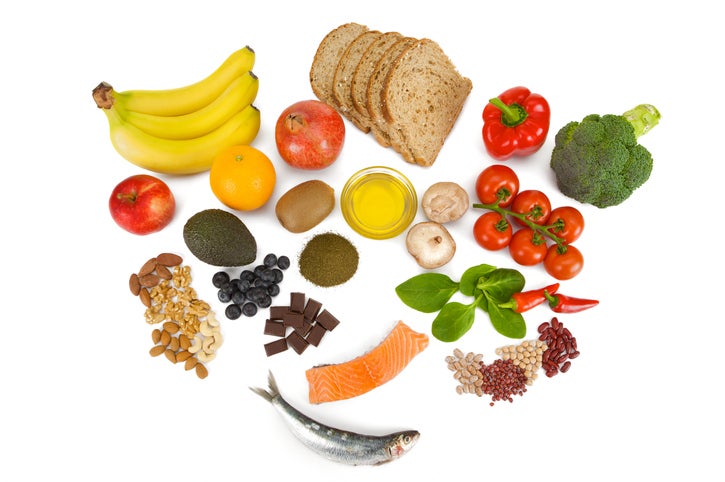
14. Never let yourself get too hungry
Coming into a meal too hungry is a recipe for overeating. As long as you know that, you’ll be able to take steps to ensure that doesn’t happen. And the good news is that’s a problem easily solved: Something as small as eating a banana between lunch and dinner can help satisfy your hunger, and ensure you wont overeat when you do have a full plate of food in front of you.
15. Think and plan ahead
A big part of making all of this work, for me, was to simply plan ahead. Think about what you’re having for dinner. If it’s carb-heavy, maybe don’t eat a hefty sandwich for lunch. If you’re having something fatty for breakfast, plan something more lean for dinner. On Sundays, golfers in contention look at leaderboards and consider their remaining holes as they make decisions. Adopt that same mentality with food by looking ahead at your meals for the day.
16. Don’t rely on outside validation
You may be incredibly proud of losing those first seven pounds (and you should be!) but the people around you may not notice right away. You may, naturally, feel disappointed about that, but this is why it’s so important for you to have established a “why.” Don’t hand control of that over to others; focus on why YOU want to lose weight, because that’s what’s really important. And if you stick to whatever plan you’ve devised to help yourself lose weight, it’s only be a matter of time before people start noticing (and offering compliments!).
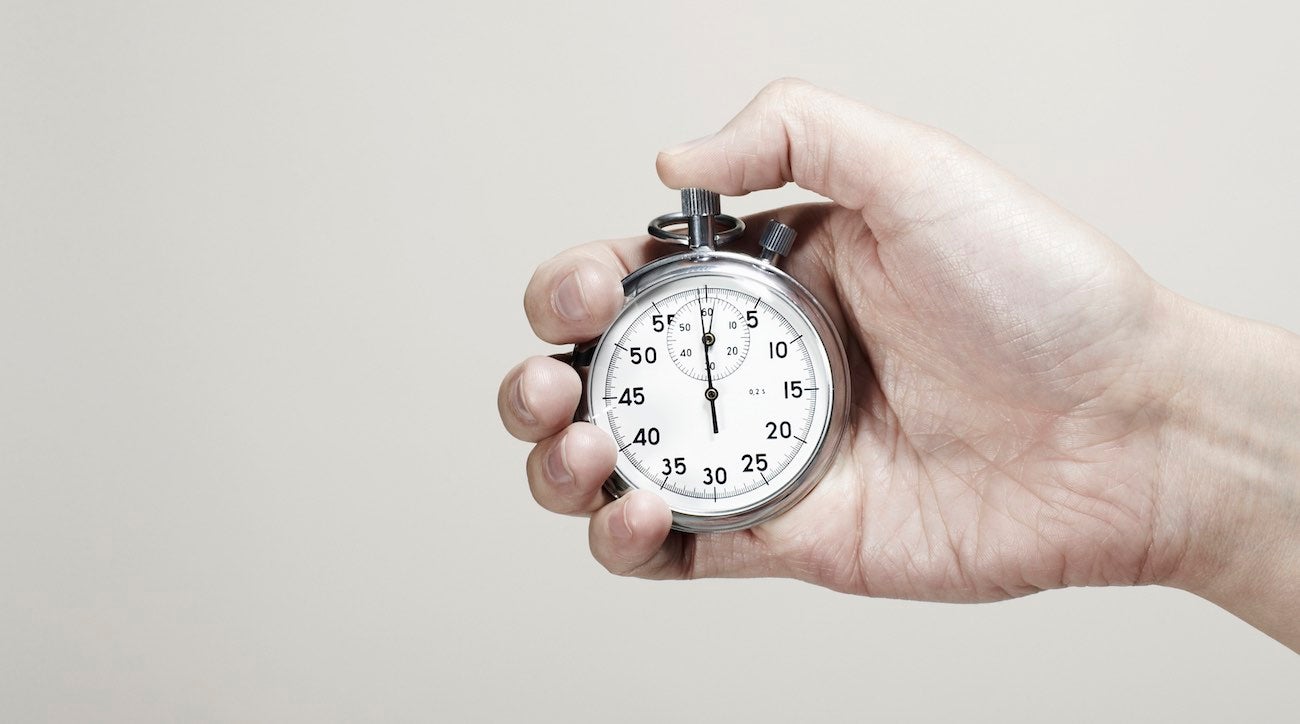
17. Be patient
In golf, there are times when you can do all the right things but the scores just don’t come. Often, it simply takes time. The same is true with weight loss. You probably won’t see drastic changes at first. It’ll take some time for your body to adjust, and even then, you won’t wake up one day and find yourself 15 pounds lighter. It just doesn’t work that way. It goes little by little, half-pound by half-pound, so stick with your process. You’ll be happy you did.
18. Set a goal weight
It doesn’t matter what your goal is — it also doesn’t matter if your goal changes along the way. You may achieve your goal and realize you want to keep going (though you should also make sure to keep monitoring your BMI, and listen to your doctor’s advice about maintaining a healthy weight). But giving yourself a target to shoot for will help keep you motivated.
19. Don’t fear the scale
Along those lines, don’t fear the scale. Get used to getting on it, at least once a week. Be honest with yourself, and be transparent about how you’re trending. The same way you keep score and maintain a handicap in golf, the same is true with losing weight.
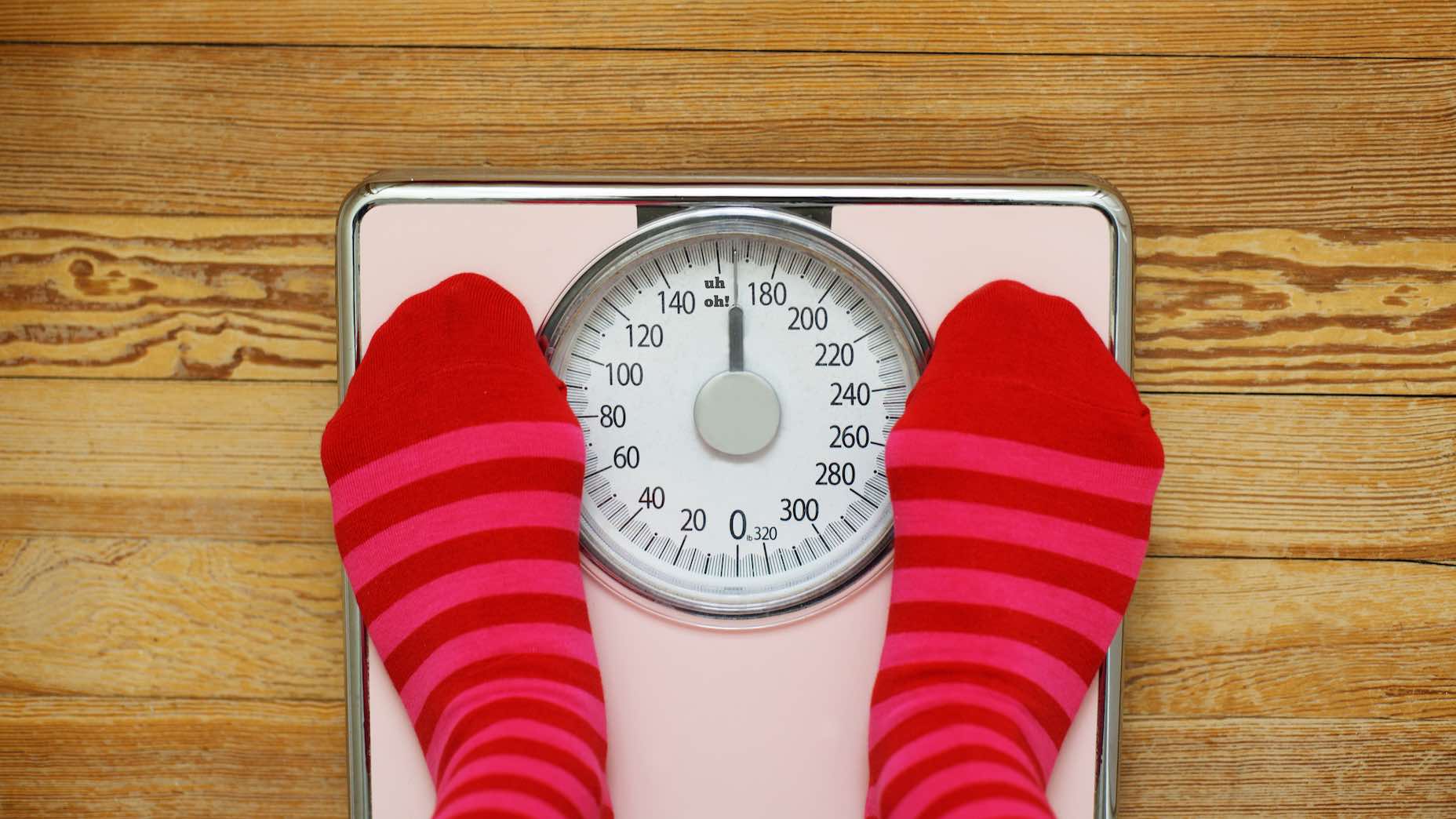
20. Maintenance is just as important
And finally, if you work hard and stick with it, there’ll be a point where you accomplish your goal. You’ll be pleased with the way you look, you’ll feel better and people will toss compliments your way left and right. Congratulations! But when that does happen, don’t take a victory lap. Clip into maintenance mode. Adopt your new healthy habits for good, and make sure your hard work doesn’t go to waste.




